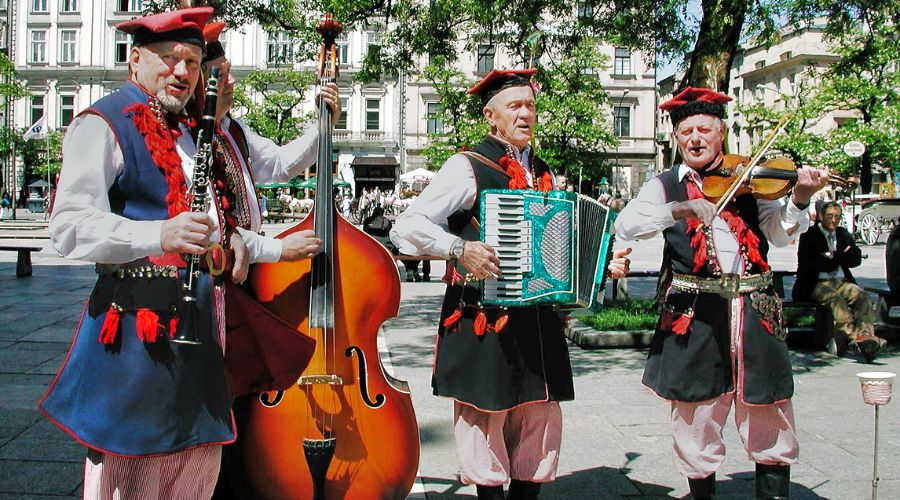Located in Central Europe, Poland is a highly developed and rich nation. Poland must protect its rich cultural legacy in the modern day since it is the sixth-most populous nation in the EU. Poland’s culture, festivals, and customs are highly influenced by the Latin, German, and Byzantine civilizations due to its geographical location between Germany and many Latin European nations.
Poland’s more than a millennium of history, which encompasses partitions, uprisings, and the horrific events of World War II, is part of its rich cultural legacy. For instance, the Polish people mark “All Saints’ Day” as a sombre feast by visiting the graves of all the friends and family members who perished in various historical catastrophes. In addition to the impact of geography and history, Polish festivals are primarily shaped by the abundance of Polish literature, music, theatre, and culture.
The list of Polish holidays that follows will help you better understand Polish customs and culture:
1. Easter Celebrations
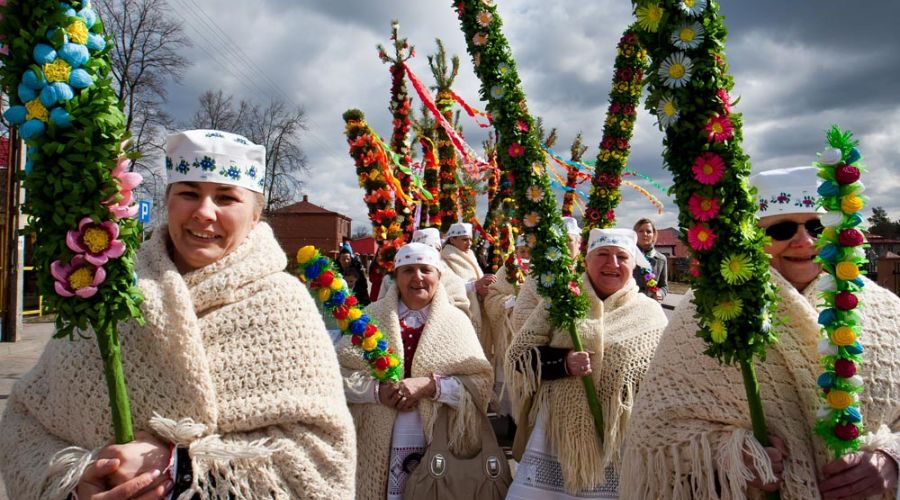
Easter celebrations in Poland begin a week or ten days before Easter Sunday and conclude on Easter Monday. The preparation and purchase of various handicrafts are hallmarks of Easter festivities. A vast array of vibrant egg-shaped decorations crafted from ceramic and wooden materials can be found in the Easter markets in Krakow. For the most part, eggs are associated with Easter. The lamb is another item that represents Easter. Thus, lamb-shaped culinary decorations are also available at Krakow Easter markets.
2. Juwenalia
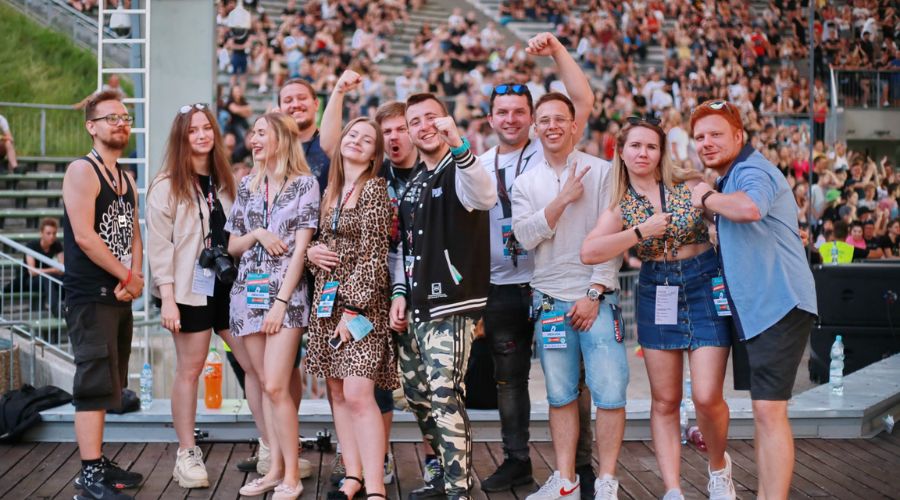
Poland’s higher education students are granted an annual holiday known as “Juwenalia” in Polish. It all began in Krakow in the fifteenth century. Every year, this festival is held either in May or early June, just before the students’ summer examinations. Juwenalia follows a set routine in which students march at the start wearing vibrant clothing codes. The kids then receive the keys to the city’s entrance gate from the mayor of the city. This is a sign that there won’t be any lectures for the following three days.
3. Baltic Days Of Jewish Culture
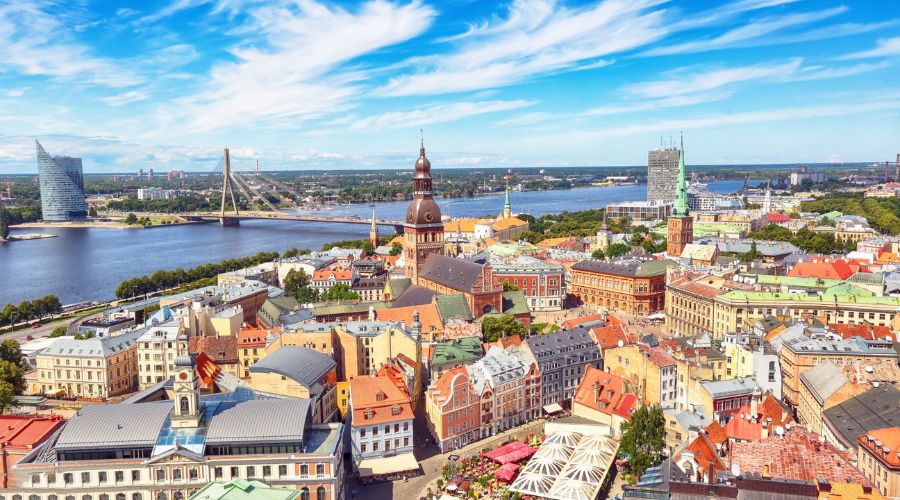
In June 1999, the Baltic Days of Jewish Culture were launched to foster the inculcation of Jewish values and the preservation of Hebrew culture, including Hebrew poetry, music, literature, and art. This is a two-day event in Gdansk that includes readings of Hebrew poetry, lectures, seminars, and exhibitions, in addition to a variety of concerts, public meet-and-greets with Hebrew authors, and exhibitions. The Social and Cultural Organization of Jews in Poland is in charge of organizing and running the two-day festival.
4. Jewish Culture Festival
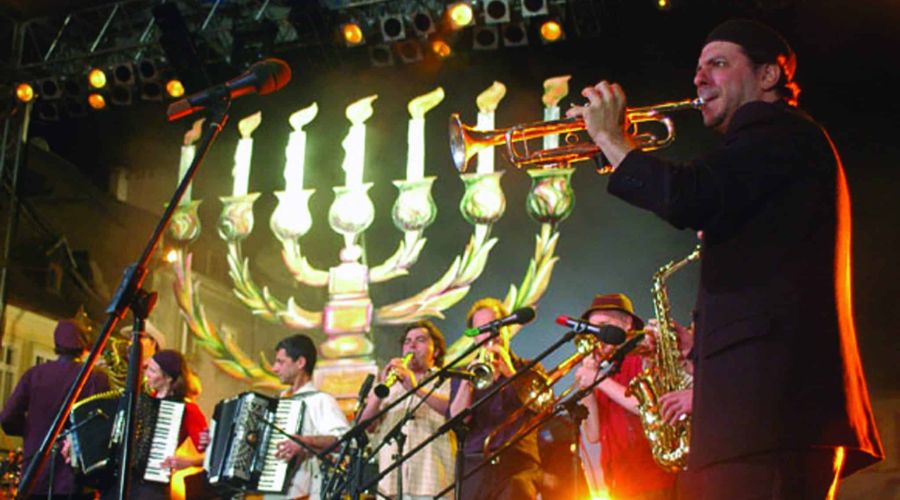
The Jewish Culture Festival is a magnificent, big event, including over 250 performers from Poland and throughout the globe, showcasing a variety of musical and theatrical styles. Every year, this festival hosts more than 200 musical and theatrical performances to support Polish culture in these fields. During this festival, the Prozna and the Synagogue Street around Grzybowski Square in Warsaw became the centres of fascinating new talents in theatre and music. The annual celebration lasts for eight to ten days. Of all the festivals in Poland in 2023, this one is the most well-liked.
Conclusion
Although Poland has several festivals throughout the year, the list above highlights some of the most significant and distinctive events that you should not miss if you’re considering a trip there. While some festivals are centred around historical occurrences or geographical effects, the majority are centred around the rich cultural heritage of Polish theatre, music, and literature. So, make travel plans to Europe, go to Poland, and take in these joyful celebrations for a very touching experience! For more updates visit www.thepennywize.com.
FAQs:
Q1. What are the main holidays in Poland?
Ans: Some of the main holidays in Poland are:
1. New Year’s Day
2. Whit Sunday
3. Easter
4. Constitution Day
Q2. Does Bonfire Night get observed in Poland?
In Poland, several bars and clubs celebrate Bonfire Night as a themed event. It is among the greatest festivities held there.
Q3. Is Poland a secure nation?
Ans: Indeed, Poland is an extremely secure nation. Poland has a low crime rate and hospitable residents.



